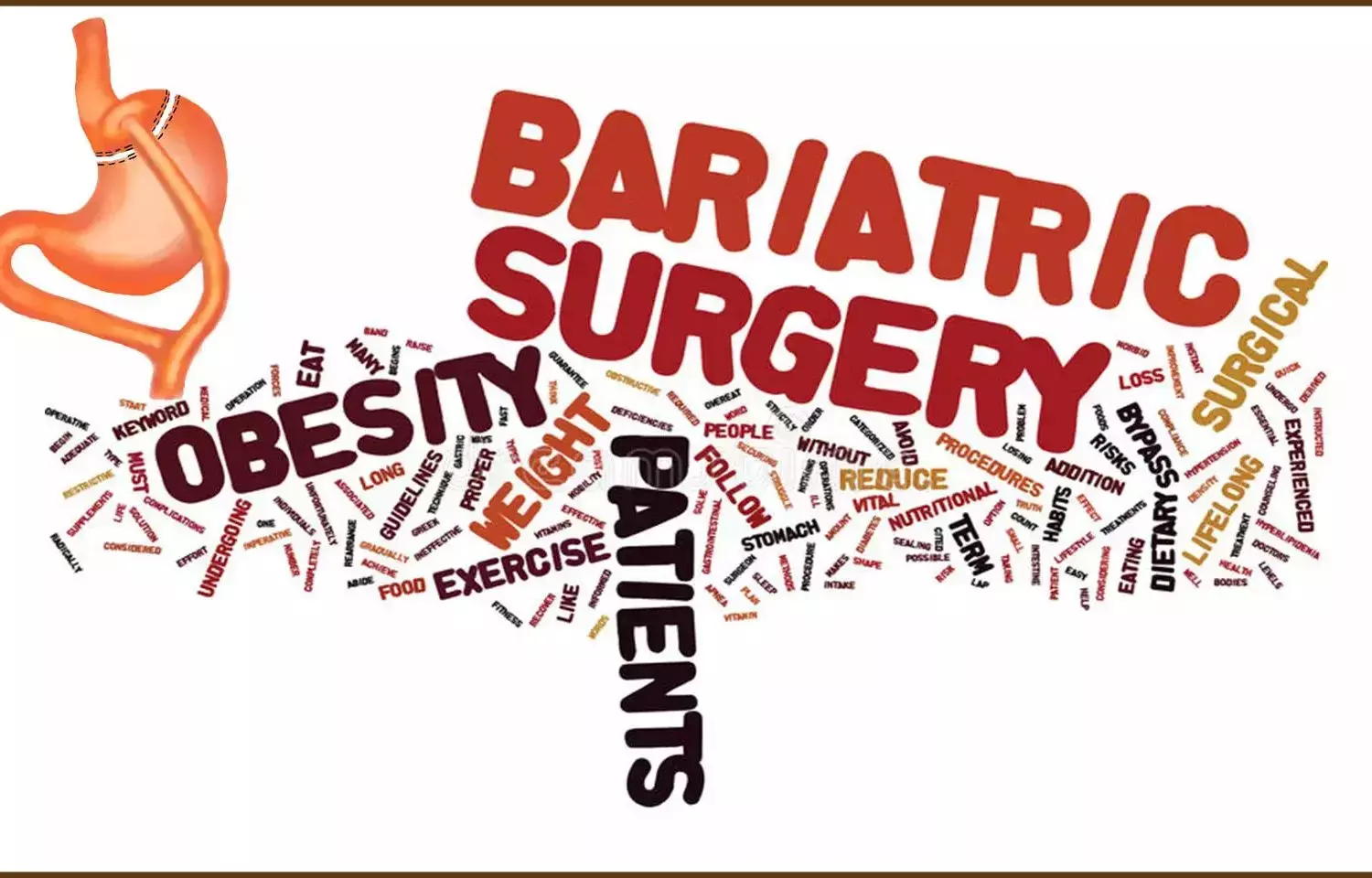- Home
- Medical news & Guidelines
- Anesthesiology
- Cardiology and CTVS
- Critical Care
- Dentistry
- Dermatology
- Diabetes and Endocrinology
- ENT
- Gastroenterology
- Medicine
- Nephrology
- Neurology
- Obstretics-Gynaecology
- Oncology
- Ophthalmology
- Orthopaedics
- Pediatrics-Neonatology
- Psychiatry
- Pulmonology
- Radiology
- Surgery
- Urology
- Laboratory Medicine
- Diet
- Nursing
- Paramedical
- Physiotherapy
- Health news
- Fact Check
- Bone Health Fact Check
- Brain Health Fact Check
- Cancer Related Fact Check
- Child Care Fact Check
- Dental and oral health fact check
- Diabetes and metabolic health fact check
- Diet and Nutrition Fact Check
- Eye and ENT Care Fact Check
- Fitness fact check
- Gut health fact check
- Heart health fact check
- Kidney health fact check
- Medical education fact check
- Men's health fact check
- Respiratory fact check
- Skin and hair care fact check
- Vaccine and Immunization fact check
- Women's health fact check
- AYUSH
- State News
- Andaman and Nicobar Islands
- Andhra Pradesh
- Arunachal Pradesh
- Assam
- Bihar
- Chandigarh
- Chattisgarh
- Dadra and Nagar Haveli
- Daman and Diu
- Delhi
- Goa
- Gujarat
- Haryana
- Himachal Pradesh
- Jammu & Kashmir
- Jharkhand
- Karnataka
- Kerala
- Ladakh
- Lakshadweep
- Madhya Pradesh
- Maharashtra
- Manipur
- Meghalaya
- Mizoram
- Nagaland
- Odisha
- Puducherry
- Punjab
- Rajasthan
- Sikkim
- Tamil Nadu
- Telangana
- Tripura
- Uttar Pradesh
- Uttrakhand
- West Bengal
- Medical Education
- Industry
Bariatric surgery linked to improvement in mobility and joint pains beyond weight loss

University of Pittsburgh epidemiologists have reported that bariatric surgery may lead to improvement in mobility and pain in joints beyond weight loss.The improvements in pain, physical function and work productivity largely endure for at least seven years despite some backsliding from the high levels of improvement seen in the years immediately following surgery.
Further improvements persist even with participants aging over the course of the study-can help inform physicians, health insurance providers and patients, many of whom undergo surgery to alleviate joint pain and improve mobility.
The study has been published in JAMA Network Open.
"Adults with severe obesity are much more likely to experience significant joint pain and limits to their physical abilities," said Wendy C. King, Ph.D., associate professor of epidemiology in Pitt's School of Public Health.
"Obesity leads to an earlier need for knee and hip replacement. However, adults with severe obesity may be denied joint surgery until they lose weight. And, if physical limitations and pain interfere with job performance, losing weight could be necessary to maintain employment."
For seven years, King and her colleagues followed 1,491 adults who, between 2006 and 2009, received either Roux-en-Y gastric bypass or sleeve gastrectomy, the two most common and effective surgical treatments for severe obesity. At the time of surgery, the study participants were a median age of 47 years, and 80% were female.
The participants were enrolled in the National Institutes of Health-funded Longitudinal Assessment of Bariatric Surgery-2 (LABS-2), a prospective, cohort study of U.S. patients undergoing weight-loss surgery.
The new research builds on a previous study by King and her colleagues finding that, in the three years following bariatric surgery, 50% to 70% of study participants reported clinically important improvements in pain levels, physical function and usual walking speed.
"At the time, that research provided the largest and longest-running evaluation of changes in pain and physical function after modern-day bariatric procedures," King said. "Our new study more than doubles that timespan, giving patients and doctors a better understanding of the likelihood that bariatric surgery will yield lasting results."
In their updated analysis, the researchers found that at seven years post-surgery, 43% of participants had clinically important improvements in pain, 64% in physical function and 50% in 400-meter walk time, all down between 7 to 11 percentage points from the three-year assessment.
Among participants with symptoms indicative of osteoarthrosis before receiving bariatric surgery, at seven years post-surgery, 65% reported improvements in hip pain, while 72% reported improvements in knee function, both down from 77% at three years post-surgery.
The small to moderate declines in pain and physical function improvements are not surprising, considering the participants also aged over the course of the study to a median of 54 years, King said. Previous research shows that some aspects of physical function, such as balance and strength, start to decline when people enter their 50s, and others, such as walking speed and aerobic endurance, typically decline in the sixth decade of life.
"On average, participants experienced durable improvements in walking speed, fitness and almost all metrics of pain," King said.
In addition, participants reported that pain and health status interfered less with their ability to work post-surgery, with 43% of participants reporting impaired work due to health seven years post-surgery, down from 63% pre-surgery.
"Combined, our study provides great news about the lasting effects of bariatric surgery," King said. "But clinicians should look at patients as individuals and consider their complete health history, goals and motivations for weight loss when providing presurgical counseling on potential results."
Reference:
King WC, Hinerman AS, White GE. A 7-Year Study of the Durability of Improvements in Pain, Physical Function, and Work Productivity After Roux-en-Y Gastric Bypass and Sleeve Gastrectomy. JAMA Netw Open. 2022;5(9):e2231593. doi:10.1001/jamanetworkopen.2022.31593
Dr Kamal Kant Kohli-MBBS, DTCD- a chest specialist with more than 30 years of practice and a flair for writing clinical articles, Dr Kamal Kant Kohli joined Medical Dialogues as a Chief Editor of Medical News. Besides writing articles, as an editor, he proofreads and verifies all the medical content published on Medical Dialogues including those coming from journals, studies,medical conferences,guidelines etc. Email: drkohli@medicaldialogues.in. Contact no. 011-43720751


